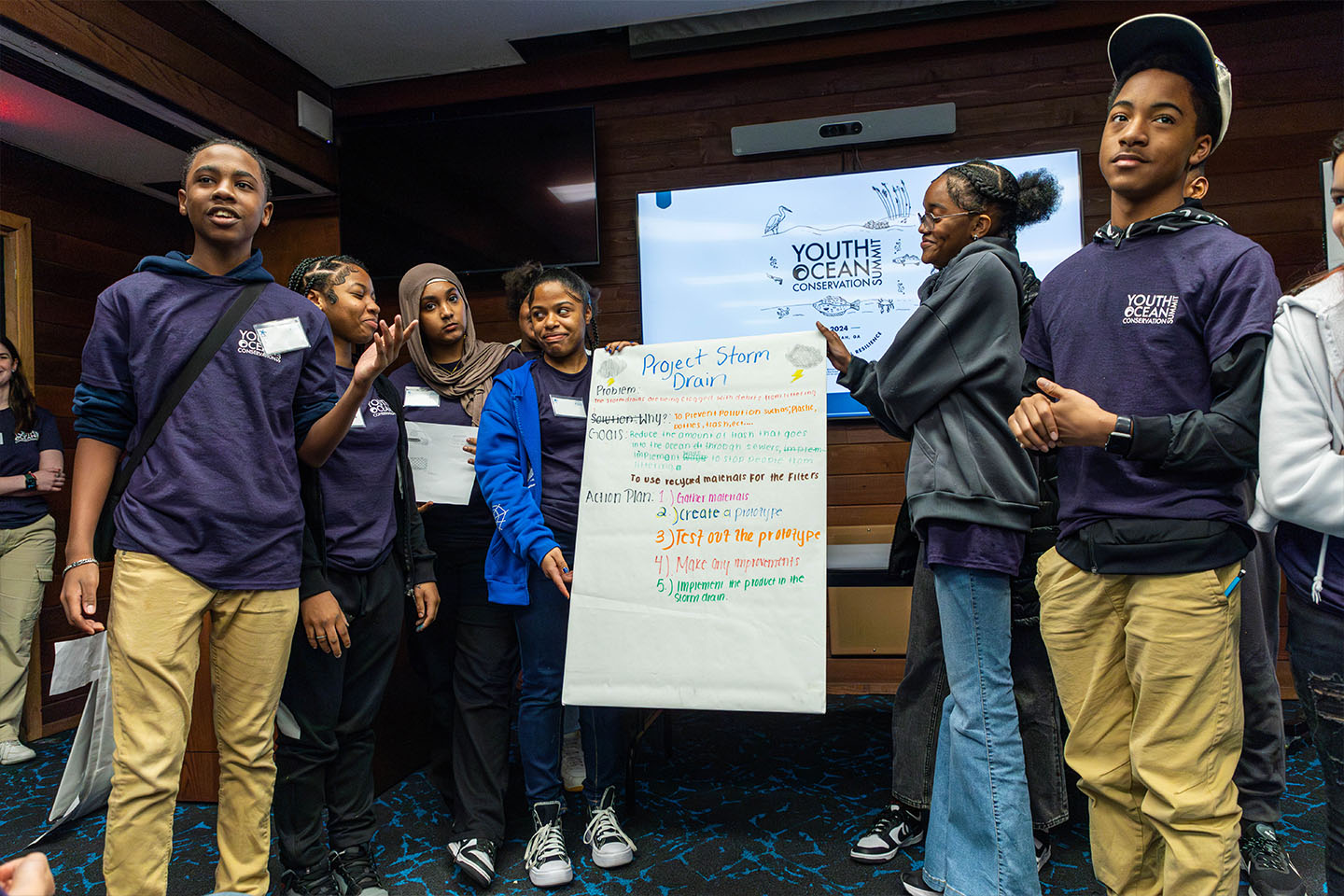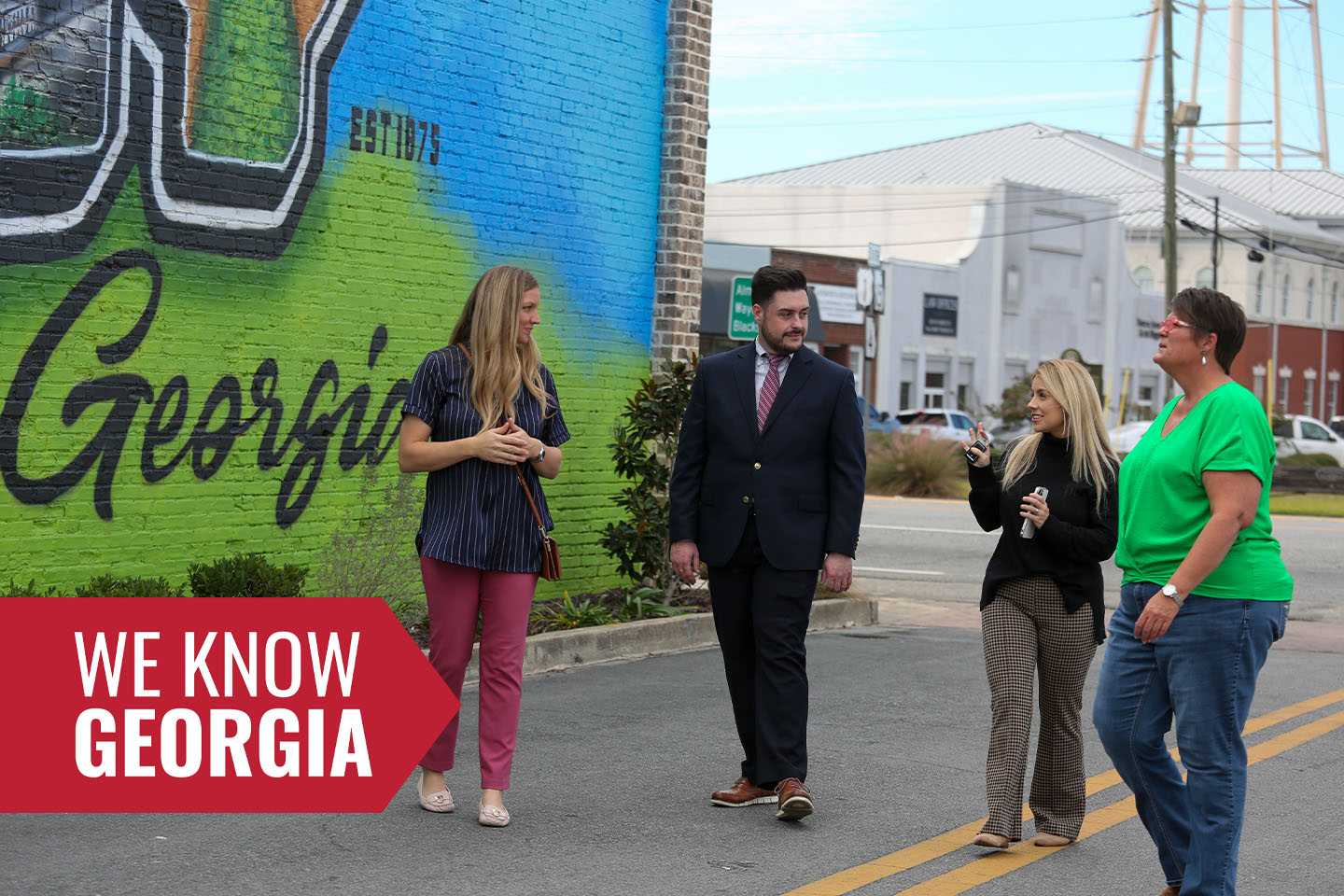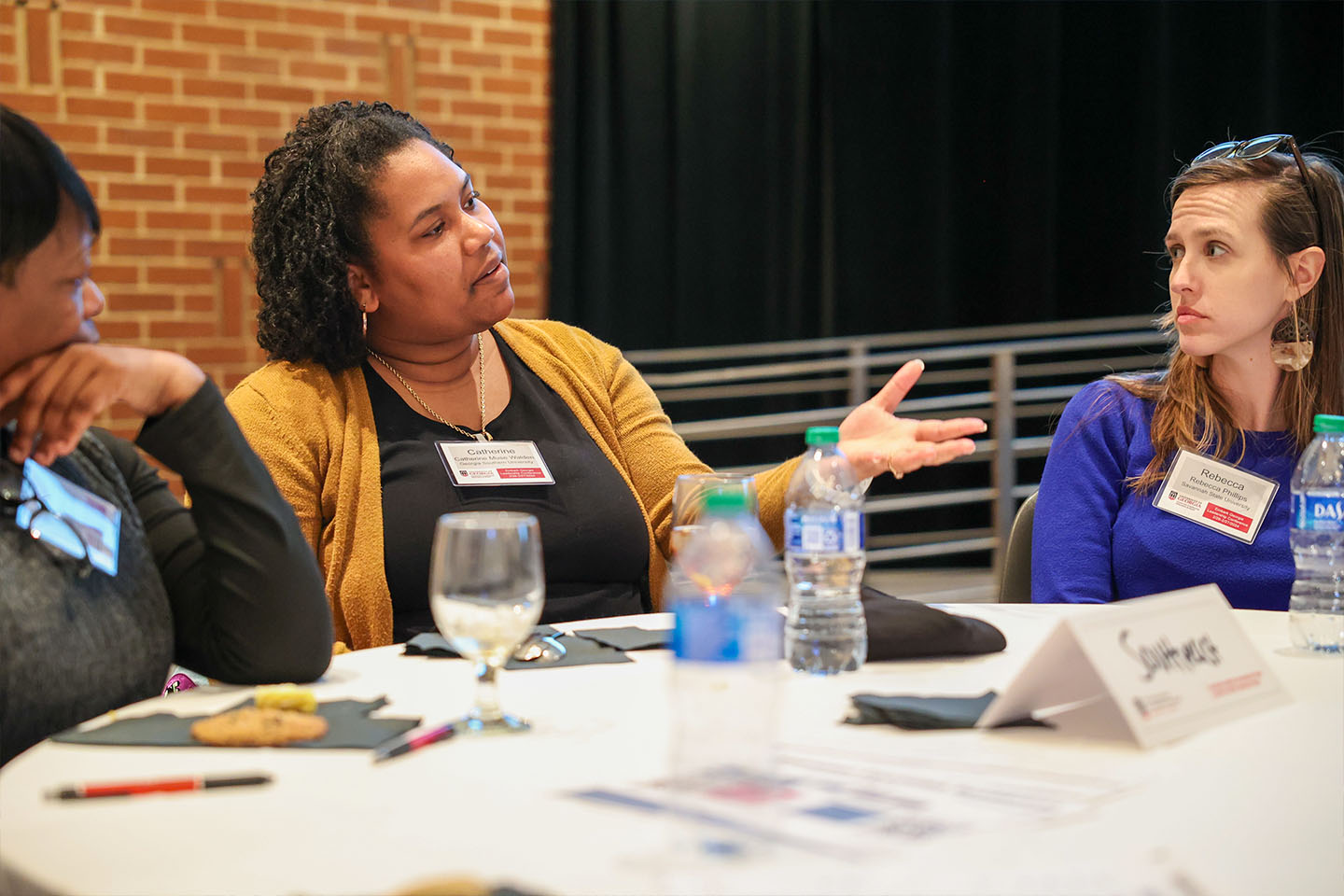In 2015, Forsyth County became the latest to implement a peer court developed by the J.W. Fanning Institute of Leadership Development.
Fanning faculty member Emily Boness first designed a customized youth driven model three years ago for Athens-Clarke County to address teenage delinquency.
Peer courts are juvenile court programs for first-time misdemeanor offenses. Trained teenagers from the community hear the cases and serve as advocates, judge, jurors and bailiff.
The programs provide leadership opportunities for youth, while freeing judges’ time to focus on more serious cases. The results in Clarke County have been positive. Cases are heard sooner and the recidivism rate is only 17.5 percent, compared to 53 percent for Georgia’s juvenile court system.
Rebecca Rusk, a Forsyth County Juvenile Court administrator, received a grant from the Governor’s Criminal Justice Coordinating Council to support the Forsyth program, which Boness helped launch.
“I think it hits home more when kids my age give the sentence and tell a respondent that what they did was wrong,” said Madison Lavell, senior at Forsyth High School and peer court volunteer. “You have friends promoting what you did wrong and then at peer court there are kids saying, ‘No, you’ve got to shape up and get a handle on it.’”
APC is a collaborative effort of the University of Georgia’s J.W. Fanning Institute for Leadership Development, Street Law at UGA’s School of Law, the Athens-Clarke County Juvenile Court, and the Department of Juvenile Justice, and is funded by the Governor’s Office for Children and Families, through the Federal Juvenile Accountability Block Grant Program.




